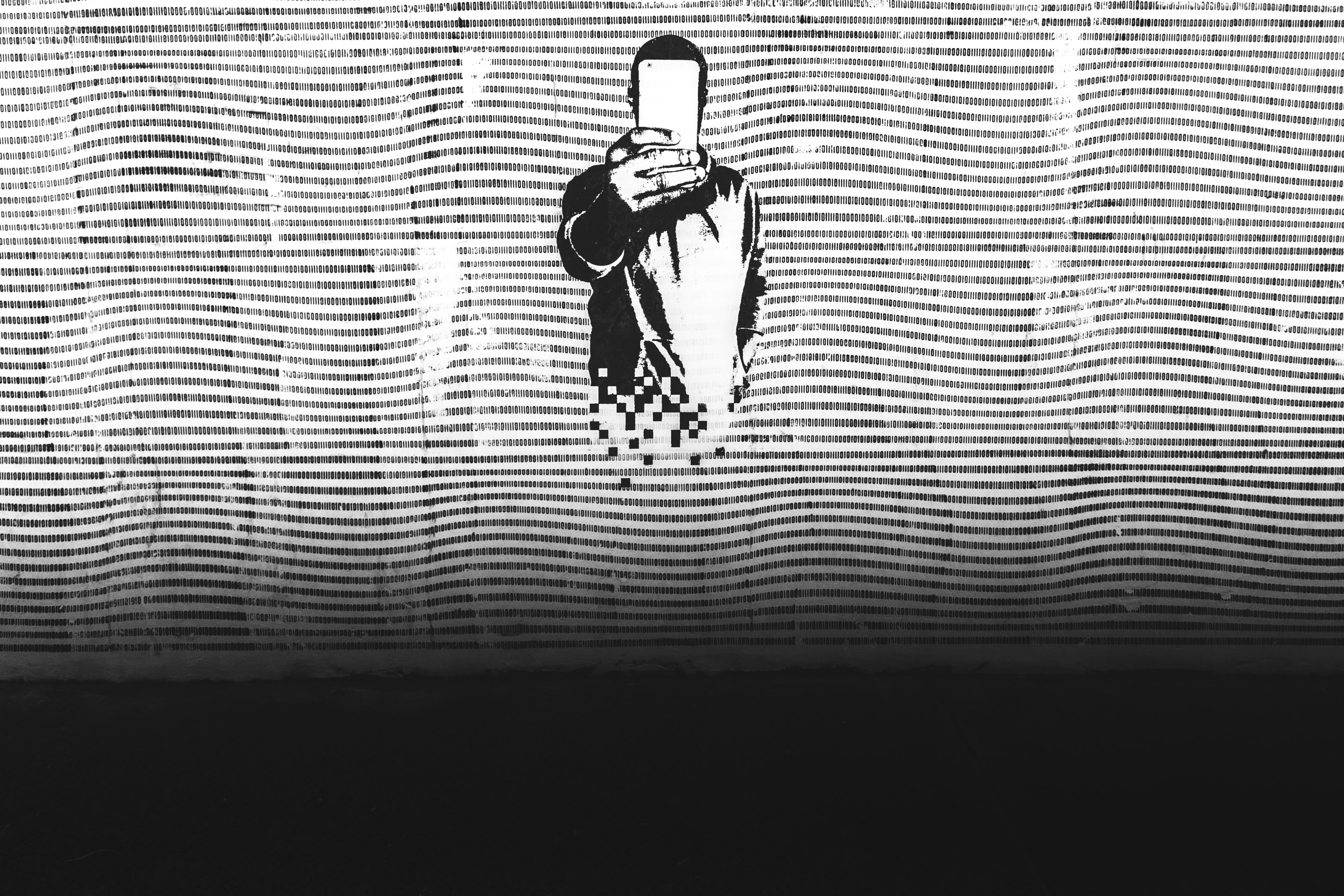The World's Rarest Commodity—and How to Find It
Digital platforms promise to bring us together, yet people seem lonelier than ever. We need to consider more absence in our lives.
Steven Puri
The Wager
While the French philosopher and mathematician Blaise Pascal is most famously known for his theological wager, his insight into humanity’s discomfort with their minds remains pertinent to the digital age. As he wrote in 1654,
All of humanity's problems stem from man's inability to sit quietly in a room alone.
Now imagine if he was subject to Facebook’s algorithms.
Leaving aside the fact that the tech giant would likely try to co-opt him for his mathematical prowess, Pascal’s observation remains as true today as ever.
In fact, one ingenious 2014 study found that people would rather give themselves an electric shock than sit quietly in a room alone.
The amount of time they had to endure this challenge? Ten to 20 minutes.
A Need for Absence
In 2014, Canadian author Michael Harris published The End of Absence: Reclaiming What We’ve Lost in a World of Constant Connection.
“Constant connection,” the promise of the digital age, is a misnomer. In some ways, we’re more alone now than ever.
Quiet time might have once been perceived as unimaginable boredom, but when the entire world of information lives in your pocket, another commodity becomes scarce. As Harris puts it, “the chance to be alone with your thoughts.”
As a writer and faculty member at the Banff Centre for Arts and Creativity, Harris found himself living in a perpetual state of distraction. He cites tech writer Linda Stone to explain his condition. In 1998, Stone coined the term “continuous partial attention” to describe the behaviors we’ve used to adapt to today’s digital environment. (She also coined “email apnea” in 2008: a temporary suspension of breathing while doing email.)
Stone differentiates between multi-tasking, which she believes is behind the drive to be productive and efficient, and continuous partial attention, which she defines as an automatic process that drives us to remain connected at any cost.
Harris invokes the term multi-switching (also used by Cal Newport in Deep Work) to remind us that we only ever focus on one task at a time—poorly, in this case, as our attention jumps from one task to another constantly. Getting into a Flow State is impossible when we’re mentally jumping from task to task.
Harris describes his battle with continuous partial attention as “an impoverished state, but one I seem to welcome into my life every day.” He grapples with the fact that social media platforms are no longer an “appendage or decoration,” but a permanent feature of society.
This is the new normal for anyone born in the digital age. Harris wants to understand what we’ve lost when attention is scarce.
Finding Our Way
Harris lists the staggering statistics about content distribution, which I’ve updated to reflect the most current data. I cite Harris’s 2014 research to show much more time we’re spending on our devices.
- There are 2 trillion Google searches per year (2019); Harris wrote 1 trillion
- 235.6 billion emails are sent every day (2018); Harris wrote 144 billion
- 500 hours of video are uploaded to YouTube every minute (2019); Harris wrote 100 hours
- 4,000 photos are uploaded to Instagram every second (2021); Harris wrote 637 photos
There will never be a reason to sit alone quietly in a room. For Harris, that’s a real problem.
Consider GPS. While no one likes getting lost, it’s not only spatial mapping that’s lost when we constantly navigate using Maps or Waze. GPS also affects our memory. Physical landmarks are important for territorial exploration as well as the ability to remember anything at all.
We don’t only remember with our minds, writes M.R. O’Connor in Wayfinding: The Science and Mystery of How Humans Navigate the World. She continues,
We shouldn’t think of memory in its most common sense, as abstract traces in the mind, but as a socially guided rhythm of body movement and gesture that is an integral part of transmission.
Algorithms designed to study your habits and proclivities learn how to manipulate your instincts. Social media platforms not only exploit your curiosities and monetize your inclinations; they also drive your attention to new areas of commerce.
For Harris, perpetually curating your life is antithetical to a life well-lived—more so if your life is being curated for you.
We need to insist on a certain randomness, and a large degree of pure, haphazard discovery, in the tools we use to explore our world.
Just as we need to get lost in the real world, losing our way in digital spaces could be an antidote to attentional deficits. More importantly, unplugging to explore physical spaces is needed during a time of surging tech addiction.
Re-Engineering Attention
Like it or not, societies are engineered. You can’t manage millions of people without boundaries. Cultures too are engineered, though in the past that process played out in relation to nature, not in spite of it. We used the tools at hand to craft our cultures.
Now, in a time where basic needs are predominantly met for large portions of the population, we’re crafting culture based on impulse—and being exploited by engineers hired to craft us into exploitable consumers.
How to fix this? We’re not going to abandon the digital world, nor should we. These are wondrous communication tools. Harris wants to see them being engineered a little more responsibly, a little more like real life, by bringing back something that seems invisible in an age of abundant information.
As Harris recommends,
Perhaps we now need to engineer scarcity in our communications, in our interactions, and in the things we consume.
When we reached out to Michael and asked him if his concerns had changed since the publication of The End of Absence, he replied,
My concerns about the constant connections in our digital lives have only grown since 2014. I don't feel it's a lonely position anymore; others have certainly come onboard. If anything, I don't think I went far enough. Certainly I didn't go far enough when discussing our addiction to social media. The abbreviation and streamlining of very complex ideas can be so disheartening. That said, I still hope future generations will be less naive, and I believe that (through literacy initiatives and policy changes) a healthier media diet is possible. My biggest fear is that those improvements will only be enjoyed by the wealthy.
Humans value rare products. Nothing is rarer than absence these days—and perhaps, nothing is as valuable.

